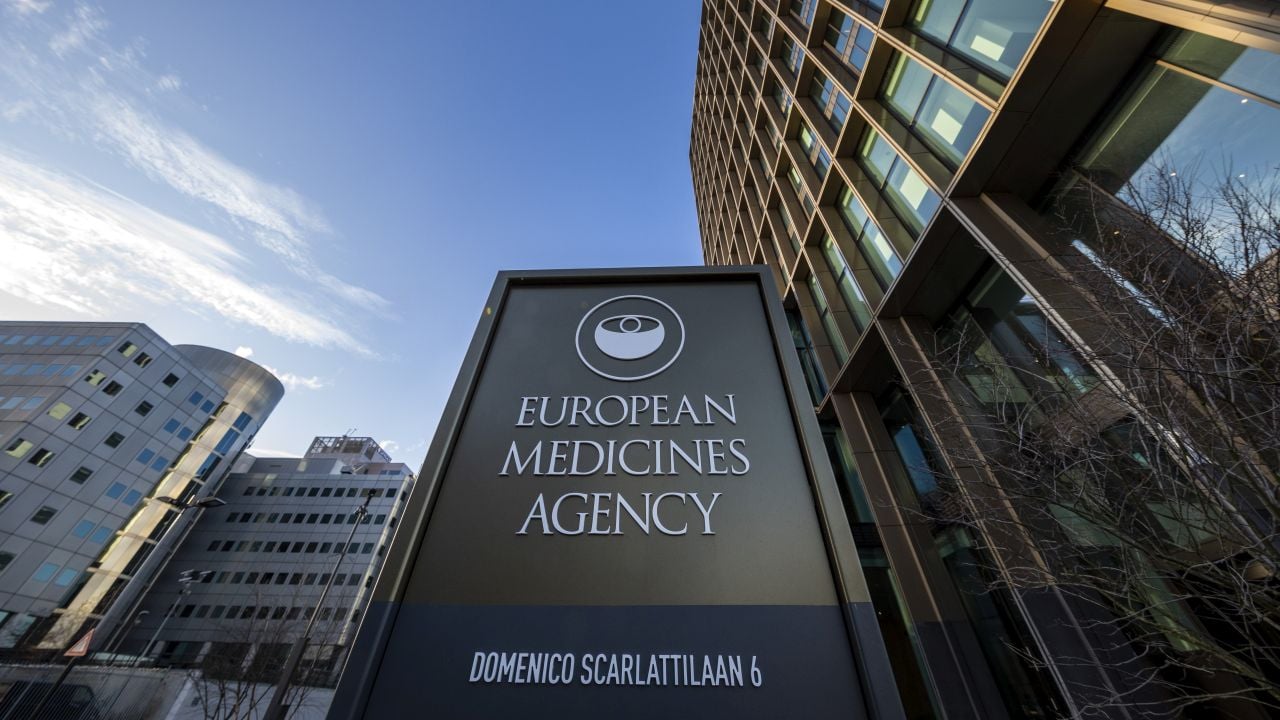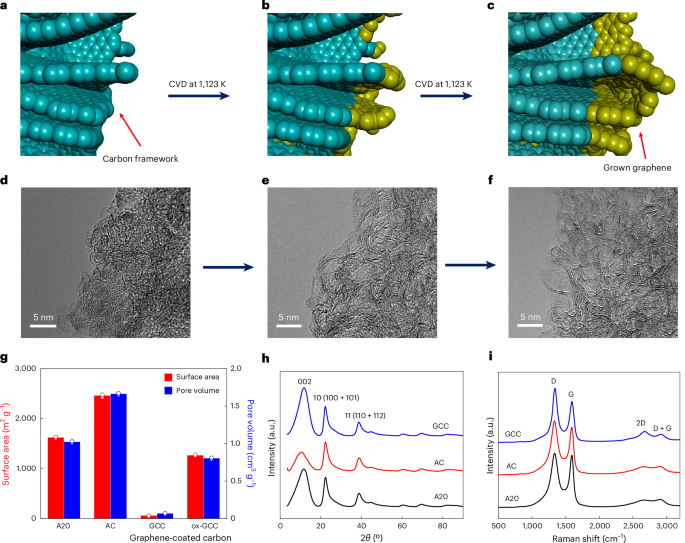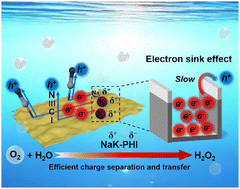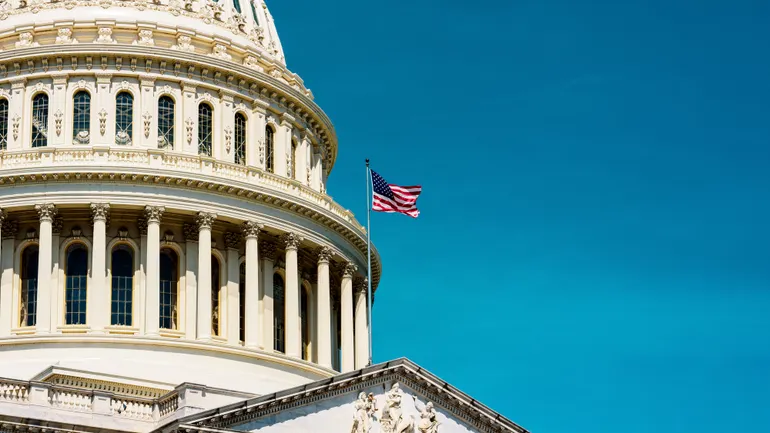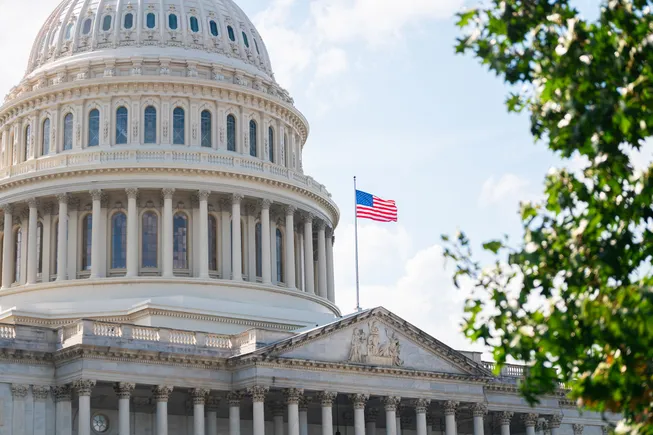WHO’s wine tax push misses the real problem
WHO’s latest call for higher alcohol taxes risks targeting the wrong problem with the wrong tool. A broader, evidence-based approach is needed to address alcohol harm without punishing responsible consumers or undermining cultural and economic heritage. The post WHO’s wine tax push misses the real problem appeared first on The Drinks Business.
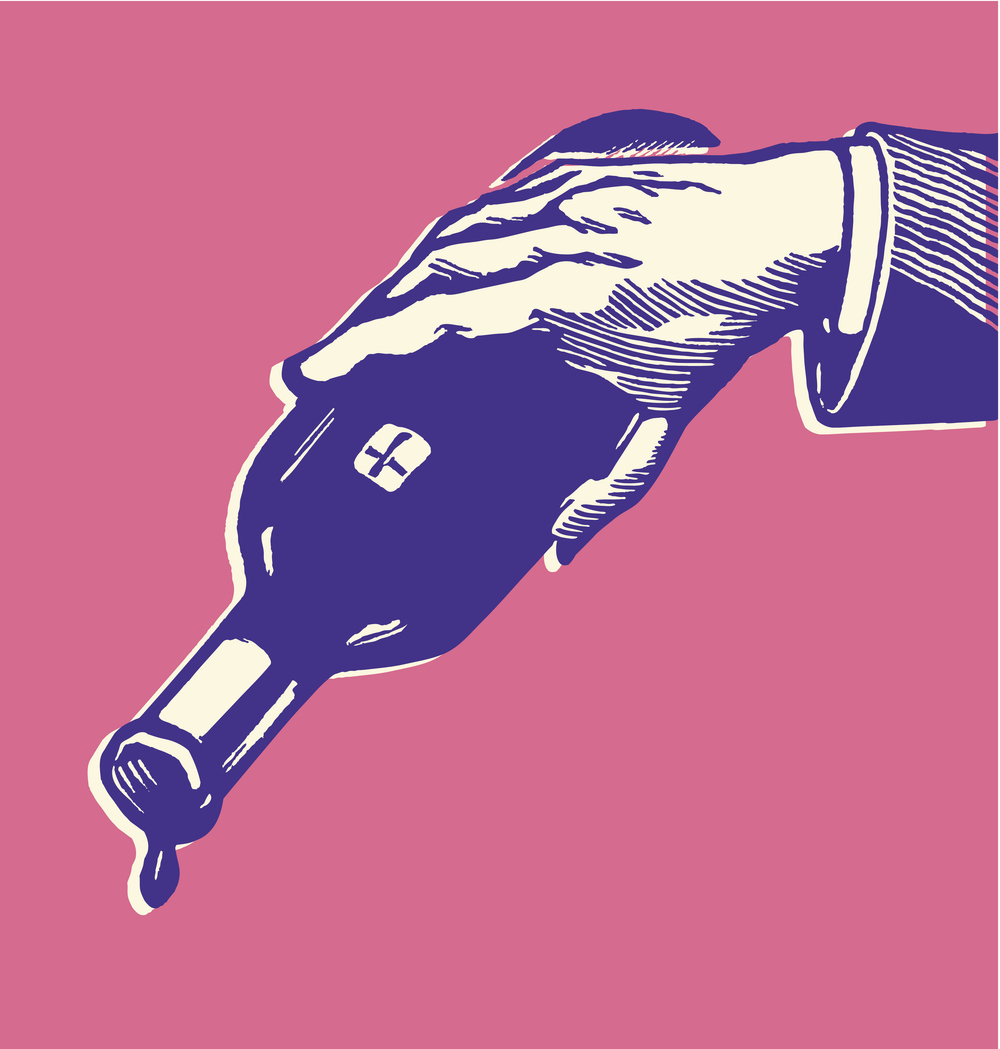
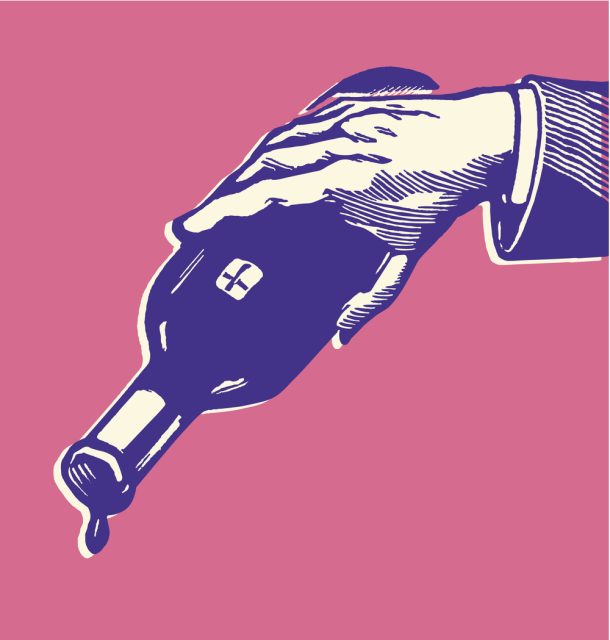 It is difficult not to admire the ambition of WHO/Europe in its recent release advocating for higher alcohol taxes. The premise seems sound: affordability equals consumption and consumption equals harm. But beneath the gloss of graphs and toolkits lies a flawed and, frankly, outmoded assumption: that taxation alone can meaningfully solve the complex issue of alcohol-related harm.
There’s a troubling oversimplification at play here. Alcohol consumption is falling, especially among the younger generations, even as alcohol-related deaths hit record highs. This paradox ought to give policymakers pause. It suggests that price is not the primary lever we should be pulling. Instead, the crisis lies in untreated dependence, poor access to care and entrenched deprivation.
It is difficult not to admire the ambition of WHO/Europe in its recent release advocating for higher alcohol taxes. The premise seems sound: affordability equals consumption and consumption equals harm. But beneath the gloss of graphs and toolkits lies a flawed and, frankly, outmoded assumption: that taxation alone can meaningfully solve the complex issue of alcohol-related harm.
There’s a troubling oversimplification at play here. Alcohol consumption is falling, especially among the younger generations, even as alcohol-related deaths hit record highs. This paradox ought to give policymakers pause. It suggests that price is not the primary lever we should be pulling. Instead, the crisis lies in untreated dependence, poor access to care and entrenched deprivation.































































